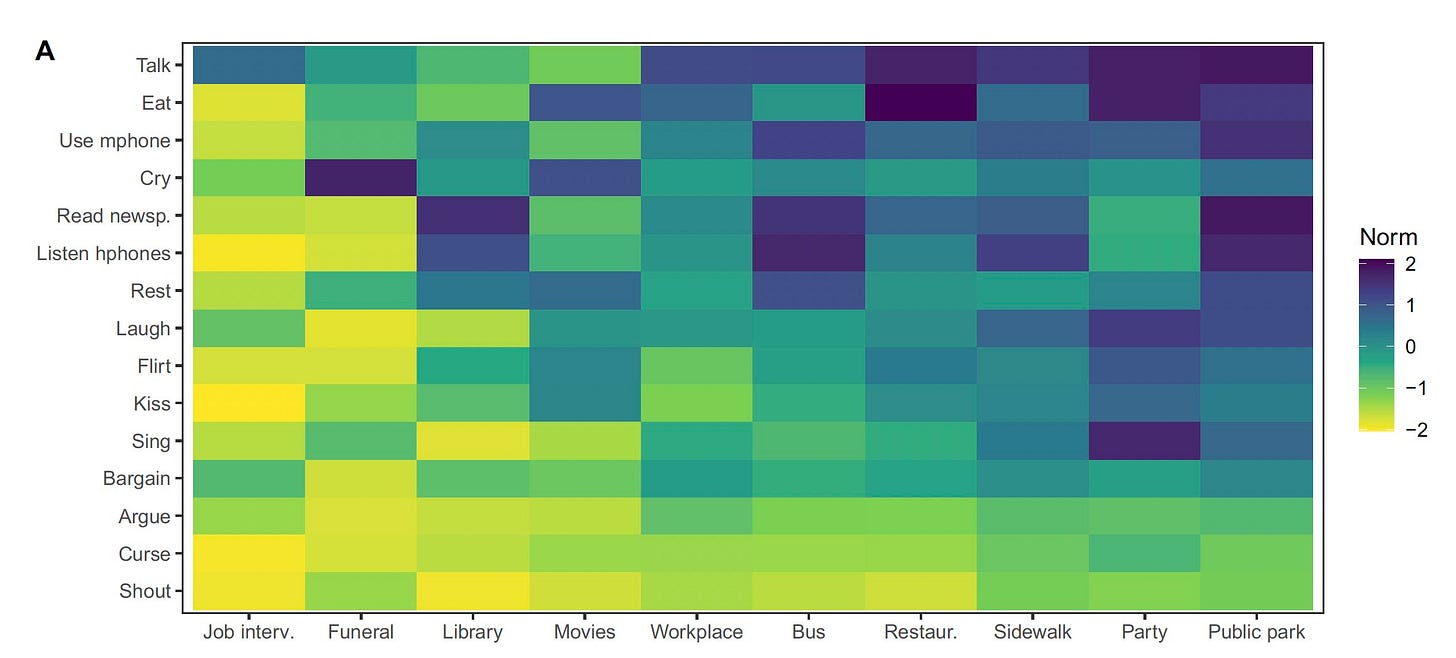The invisible architecture of daily life
Everyday human life runs on an unspoken choreography. We know to stand behind someone in a line, to lower our voices in libraries, to shake hands—or bow, or nod—depending on the culture. These habits are so deeply ingrained that breaking them can feel like a small act of rebellion.
Yet these invisible rules, known as social norms, are far from static. A new global study published in Communications Psychology (Eriksson et al., 2025)1 suggests that the moral scaffolding guiding daily life is quietly transforming. Across 90 societies, from Argentina to Zimbabwe, researchers found a near-universal drift toward more permissive norms—an evolution toward greater personal freedom tempered by a growing sensitivity to harm and disrespect.
“Social norms are the grammar of human behavior,” says Dr. Kimmo Eriksson of the Institute for Future Studies in Stockholm, who led the research. “They dictate what is sayable, wearable, or tolerable in any setting. And like language, they evolve with culture, economy, and contact with others.”
The team’s work captures this evolution with rare breadth. Drawing on data from more than 25,000 participants across six continents, they charted how people judge 150 everyday behaviors—things like spitting in public, cutting in line, or speaking loudly in a quiet space—and compared the results with similar data collected two decades ago.

The conclusion: across much of the world, we have become more accepting of difference and self-expression, yet more critical of behaviors that inconvenience or disrespect others.










